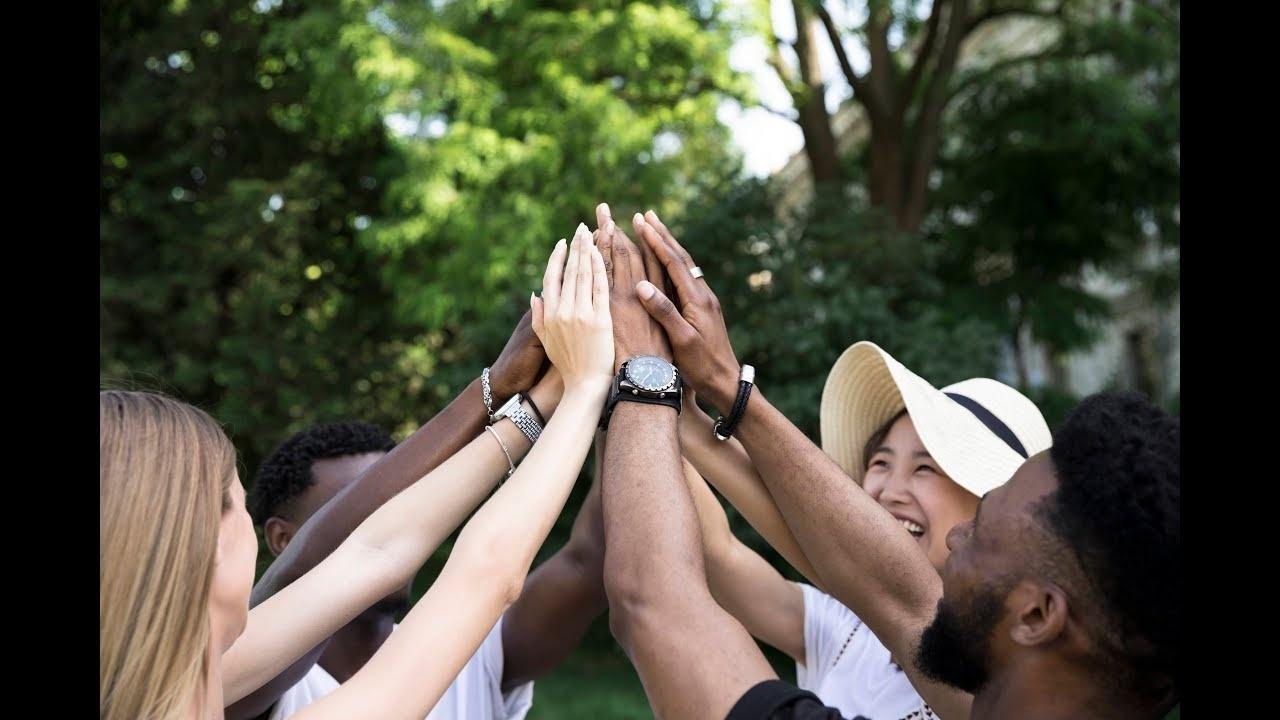How to Increase Diversity and Equity in Mental Health? Be Curious. Be Brave.
People of color need counseling. And they want it. But there are barriers, including barriers unwittingly put up by counselors.
“Communities of color are not always aware of the benefits of counseling,” said Dr. Kim Lee Hughes, President of the Association for Multicultural Counseling and Development (AMCD). AMCD’s mission includes recognizing diversity in our society and enhancing the development, human rights, and the psychological health of ethnic/racial populations and all people.
Hughes adds that in some communities of color, individuals may not be aware of how to find a counselor or how to use their insurance.
“While the need [for counseling] continues to expand, the knowledge base about how to access it does not,” Dr. Hughes told Raymond Barrett, CEO of the Telehealth Certification Institute.
When people of color do go to counseling, the experience may not be a good one.
“It has often been one of misunderstanding how to broach race and ethnicity issues in the counseling room,” Dr. Hughes said. “We frequently do ourselves a disservice as counselors by not embracing issues of intersectionality as we are building rapport with our clients.”
“As a country, we tend to be uncomfortable around race and ethnicity issues - things that make us different from other people tend to push us away from them instead of making us curious about them,“ she added. “As a person of color who attends counseling and has done counseling for most of my adult life, I can say that most of my personal counselors have not been African American and I had to be an informed consumer and ask these questions myself.”
Dr. Hughes said that her own counselors didn’t always know what to ask at the beginning of sessions. “Start with curiosity as opposed to creating distance around what is different about you from me.”
For example, Dr. Hughes said counselors should not make assumptions about a client’s socioeconomic status based on the client’s race.
“I think frequently white people think that all people of color are somehow having capital issues, class-based issues,” she said. “Being a person of color does not mean you're not middle or upper class. So the issue of class is a big issue in this country and we don't tend to understand that everybody has green money. You don't necessarily know how much money I have when I walk into your office, or when I call for your services, or when my insurance company pairs us together. I'm a consumer and you're a provider,” she said.
“We need to be more courageous when we're having these conversations and not make so many assumptions about other individuals which we see is just getting us in a big heap of trouble as a country,” said Dr. Hughes.
The number one goal for AMCD is to expand awareness for clinicians and help them have these conversations with their clients.
“I'm so excited about these topics. When I talk about them, I'm just kind of bubbling over,” said Dr. Hughes.
Dr. Hughes said that having conversations about cultural differences between the clinician and client is very important for the therapy process.
“I believe it opens up the window for authentic healing. You can't really build a clinical rapport with a client who doesn't trust you,” she said.
Dr. Hughes welcomes therapists who want to expand their knowledge of diversity and equity to join AMCD.
Dr. Hughes believes counselors can help stop the violence in communities of color, like the attack against the Asian American and Pacific Islander community (AAPI) in the Atlanta area in March.
The Associated Press reported that the shootings at three Georgia massage parlors and spas killed eight people dead, six of them women of Asian descent. The attacks came on the heels of a wave of attacks against Asian Americans since the coronavirus entered the United States, according to AP.
“We are witnessing how not having these conversations in a productive and healthy way is hurting all communities. We have to be brave enough to call things what they are so that they don't fester and create kind of a… mushrooming mental disorder instead of really fostering mental health,” Dr. Hughes said.
“I think we just don't reject enough of the foolishness. We are afraid of the consequences and they are real. We all need our own safety. We need money. We need to take care of ourselves and self-care is vital, but self-care has kept us in some very toxic political situations,” Dr. Hughes said.
“As counselors we are healers, we're the soul of the nation. This is valuable work to be done and somebody's going to take it on the chin.”
To find out more about AMCD's mission or to join, click here.
By Amanda Barnett, LPC, Ed.S., NCC




The course was so informative and I was glued to my screen for the entire duration. I received so much knowledge concerning ethics in telehealth and I am greatly encouraged to read about all the standards and policies that pertain to my practice. Thank you!.